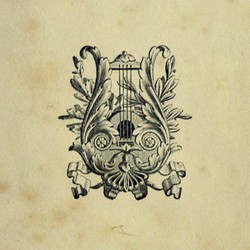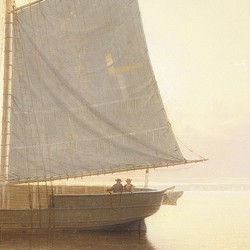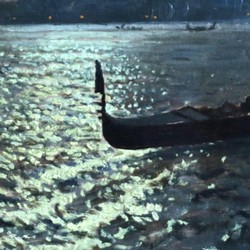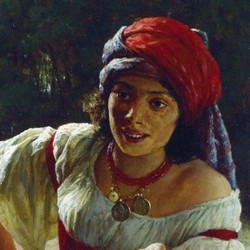- Details

A while ago I wrote an article giving details of the poems from Lyrisches Intermezzo that Schumann chose to compose his Dichterliebe. While I was preparing, I marked in my copy of the Buch der Lieder those poems, and others, that I also identified as musicalized. Earlier, I had marked the six poems of Schubert's Schwanengesang and some other, and a few days ago, when I was preparing the first part of this article, I marked some more.
- Details

Which are the literary works more frequently used in Lied? I would say, without doubt, they're Wilhelm Meister's Apprenticeship, by Goethe, and Buch der Lieder, by Heine. Because of the huge number of Lieder written from their poems and the quality of many of them, and because of the great number of composers who inspired in them since their publication to this day.
- Details

A few weeks ago, I sent you a musical postcard from where I went on holiday. Like other years, the song was a clue about the place, and this time it was so clear that some of you asked me, when we met or wrote, how did it go in Venice. After posting the article, I thought I could have chosen a less obvious song, a version of Desdemona Willow's Song, for example, just to make you think about the place a bit more...
- Details

I imagine Leoš Janáček sitting at the table for breakfast on a Sunday, enjoying the spring sun. In the middle of the Great War, that should be the main subject of the newspaper. And then a piece of news draws his attention: finally, the mystery of a young peasant who had disappeared in Wallachia without any trace has been resolved. After many speculations, they came to the conclusion that he left home out of choice. In some papers which have been proved to be his diary, Janík (this is his name) [...]
- Details

We say Schumann and Heine and think of Dichterliebe. It's understandable, because Dichterliebe is the composer's best-known cycle, but it is neither the only nor the first cycle by Robert Schumann with poems by Heinrich Heine. The first one is the Liederkreis, which, as I told you a few years ago when I presented it, was also the first cycle he composed (needless to add that it was 1840) and the first work for voice he published. A few days ago, I thought I hadn't listened to it for a while, as much as I [...]












